A lifelong skill
As an academic and as a therapist I’ve observed over the last couple of decades a steady decline in students’ general ability to take notes. Why might that be and so what? Well, note taking is a skill that previous generations took for granted because we had no choice – in a lecture we were never given handouts let alone copies of slides or the option to watch it again (or for the first time) on video! You had to filter what was important and what was not. And so, the skill was learned through years of practice; learning by doing.
Note taking as attention training…..
This is not a nostalgia for bygone days; you might ask who needs to take notes now when technology helps us – we can annotate online slides, type as we go along, scribble on our phone, or call up ChatGPT for AI assistance? Except that misses the important underlying skill involved in the technique of making notes – the skill involved in paying attention and at discerning what is important and what is not, in an instant. And it is a skill used in so many jobs, from taking minutes, to honing in on the key issues under discussion in a meeting.
There is a physical eye to hand coordination that exists between the act of writing manually with a pen or pencil through the eye to the brain. A connection that doesn’t seem to exist in the same way between typing on a keyboard or maybe even annotating on a tablet with an electronic pen. In part that may also be due to lack of focus and other distractions. Students sat in a lecture theatre (or at home online) with a key board or tablet/phone in front of them have a huge diversity of distractions at their fingertips – social media, YouTube, WhatsApp groups, TikTok, Instagram etc. If anything, the lecture is a potential distraction from all the other stuff! Even if you think you are multitasking, you are not – and, in any case, it’s a hugely over-rated activity!
The ability to filter from lots of information those nuggets of information that have real meaning, that provide you with focus, that offer the core elements that you can work with, has increasingly been lost. School no longer seems to teach it, because students are to a large extent seemingly given what is important in order to pass exams, without developing their independent critical thinking skills. That skill has far wider applicability and I see this most often in relation to perfectionism presenting among clients. “I can’t start an assignment until I know everything about the subject”, which is a recipe for extended procrastination, endless research and heightened anxiety as a deadline looms, and still you haven’t begun to get a structure of an assignment together.
You can, of course, never know everything about a subject; nor do you need to. You only need to know enough to be able to answer the question in hand – the assignment posed, which is probably framed within a deadline/time limit and maybe a word count or page length. So how much information can you use? If you attempt to try to know everything about a topic, you will be doing so for ever, and never get to a point where you can work out what you can use and to what effect. The Pareto Principle (aka 80:20 rule) suggests that 80% of the outcome results from 20% of the effort/input - it’s a rule of thumb, not a strict rule! But it basically says that we waste an awful lot of time focusing on things that don’t matter, instead of getting to the point and focusing on the stuff that does.
Technology is not a substitute
So, despite increasing technological help (including ChatGPT), note taking is a fundamental skill – it helps you zoom from the strategic to the specific and out again; it helps you sort the useful information from the dross – to evaluate quickly; it provides perspective; and it helps you acquire a life-long skill. And a love of learning, since the process of filtering can be hugely satisfying.
Give it a try. Next time you go to a lecture (or a seminar, or a meeting) try sitting in it and listening and, armed only with a pen and paper (switch off phone and laptop/tablet); take notes - you can’t write down everything - so listen. As a lecturer of many years experience, believe me, much of what we say is padding - it connects key messages together, seeks to create a flow, and involves story telling to provide illustration of principles. You really don’t need to write it all down! But there are nuggets of information in there - and the lecturer may even make a point of highlighting them for you, summarising them.
Listen, and take note(s) - develop your own shorthand if it helps - observe/experience the event in the present moment. This is ‘mindful learning’ - paying attention to present moment awareness and being engaged in the learning process. And then afterwards reflect upon the lecture via your notes - are there any gaps in your understanding; if so, what can you do about it; plan what to do and when and then put it into action. This is essentially Kolb’s experiential learning cycle (see picture above) - (in short) observe, reflect, plan, act - a simple way to make the most of an experience, be it a lecture, seminar, lab session, a meeting or even a conversation.
And practice - it gets easier the more you do it.
Bill Sheate, 7 April 2023


